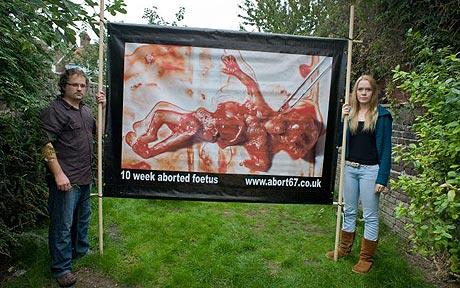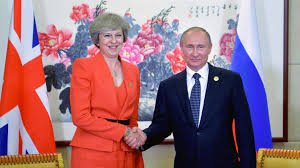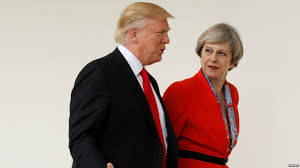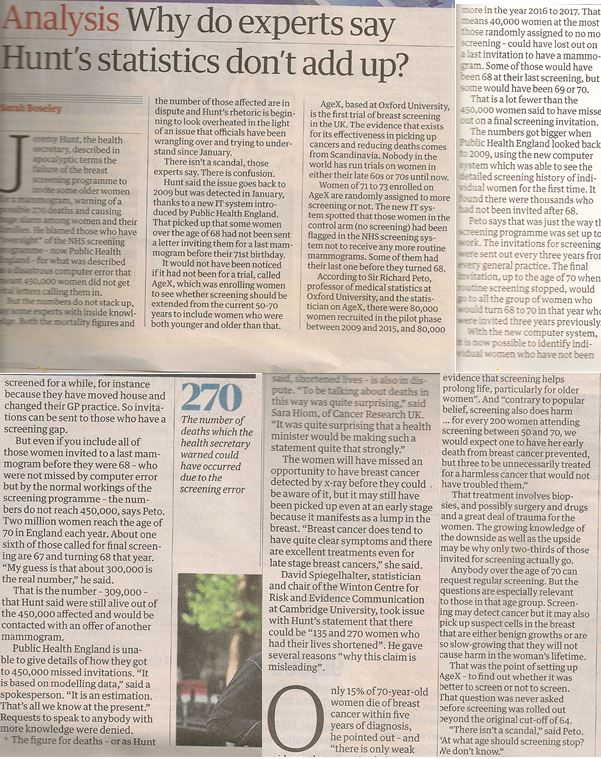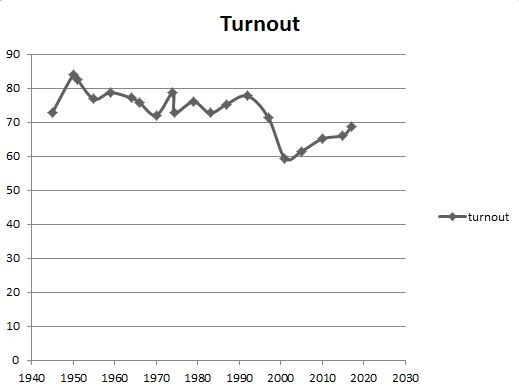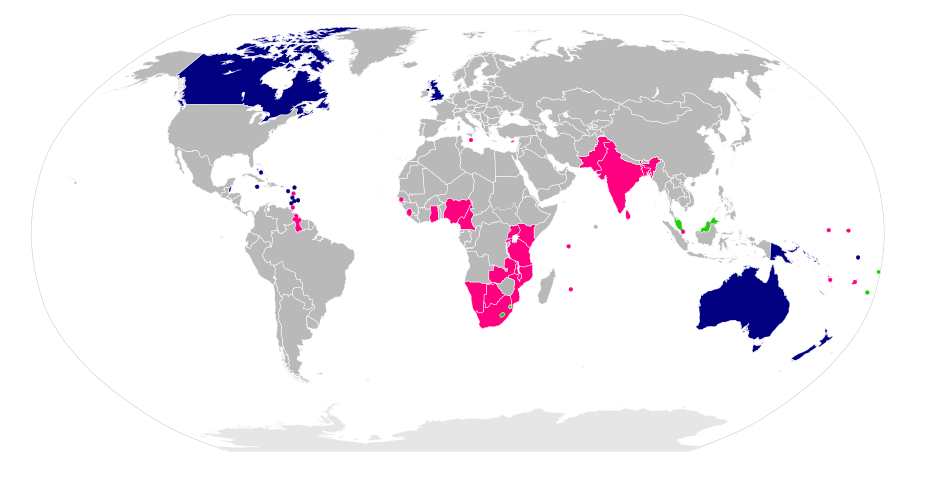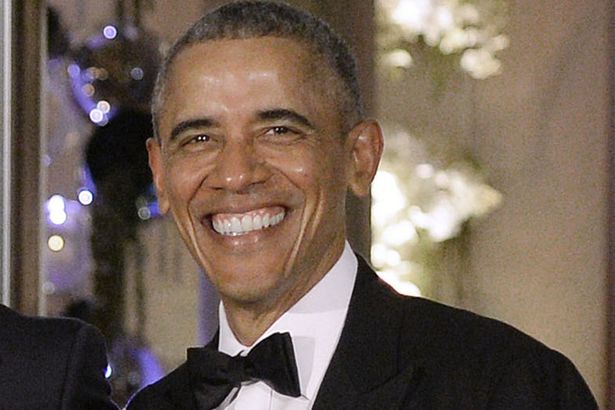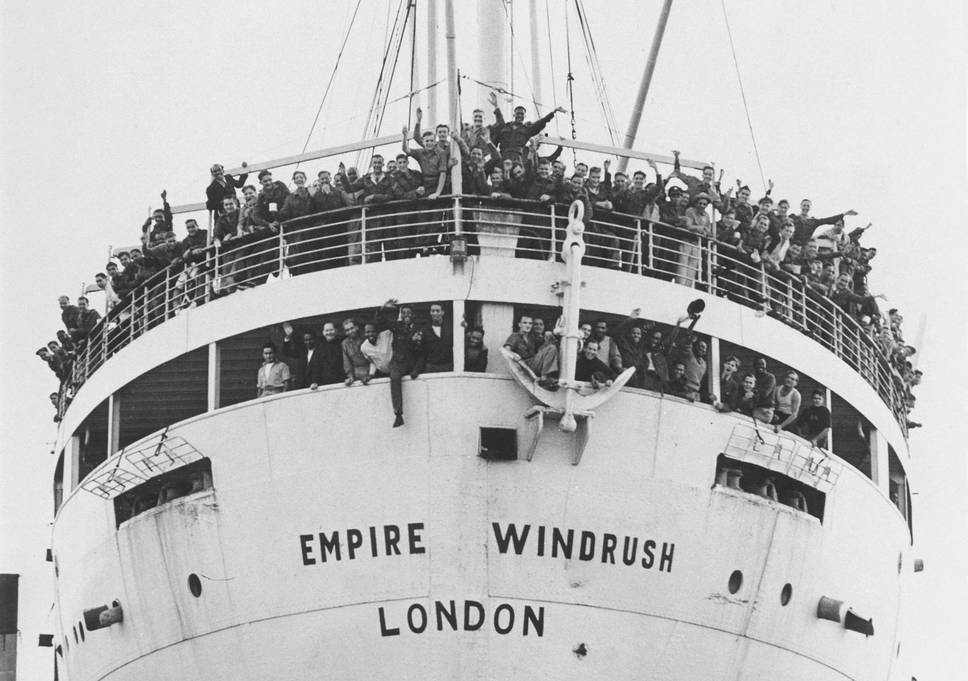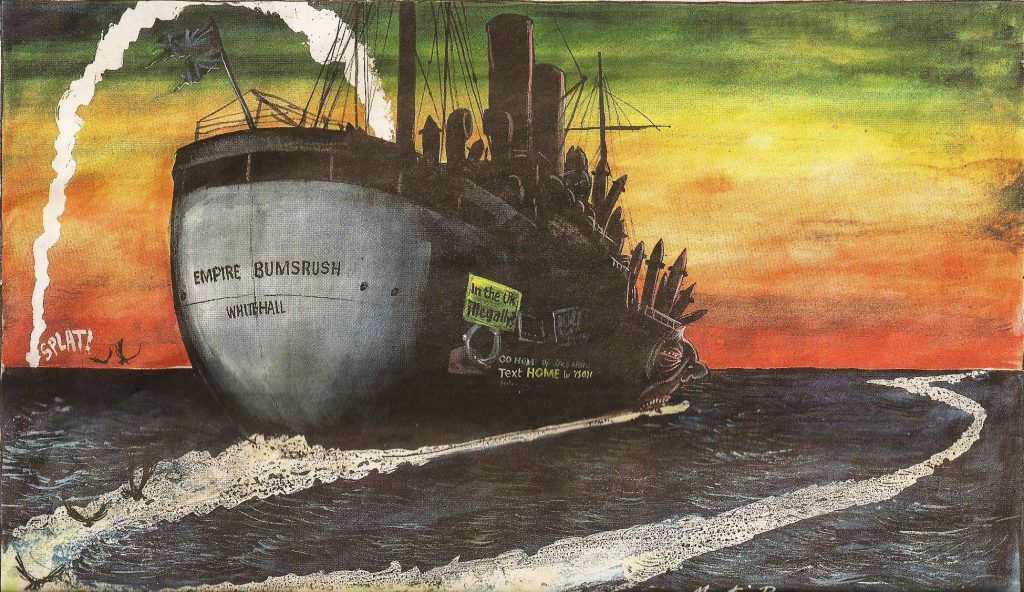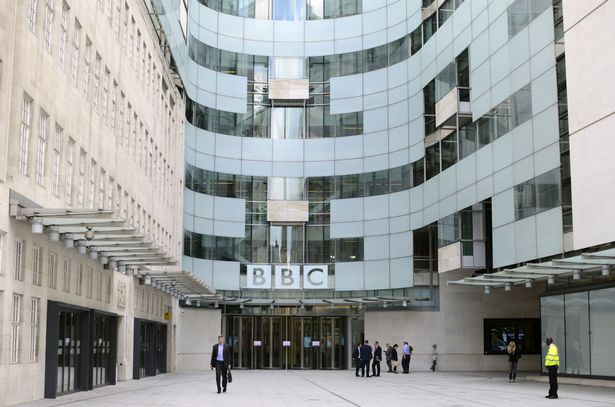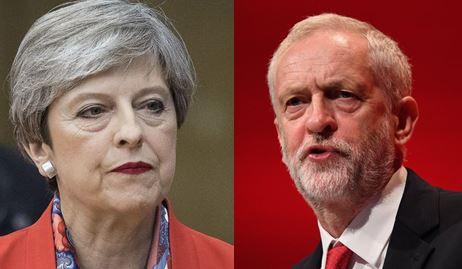I’m old enough to remember when Britain made things. Thousands of people worked in factories. In my childhood, I lived within 10 miles of the massive Dagenham car factory and for much of my adult life within 25 miles of the Luton car factory. In their prime, they employed thousands of workers and dominated their local economy. Thatcher killed off much of Britain’s manufacturing industry with the ill-conceived free market fundamentalism, now finally recognised by many as the cause of rampant inequality and slow economic growth for the past 35 years.

There has been much hype about the new economy: the so-called “knowledge economy”. I contend that this shift has been reinforced by the marketization of thought. In its death throes, arch-defenders of FMF have simply lost the vocabulary to discuss moral, ethical and social issues other than in market terms. This is uncomfortably close to George Orwells’s Newspeak.
Making Things
In the days when we made things and no companies were larger than national economies, the traditional mode of thinking about markets worked quite well. Some craftsperson or manufacturing company would make something. A prospective buyer would want something. Via intermediaries (the supply chain), a retailer would offer the item at a (hopefully reasonable) price.
Let’s use a washing machine for our example. It would be fiendishly difficult for the average citizen to build one from scratch. It probably wouldn’t work: making all the parts requires tools of some kind. If it did work, it would probably leak all over the floor. So the obvious thing was to go to a shop, browse, seek advice and buy a machine that met the buyer’s requirements. Both parties gain from this. The buyer gets the washing machine (s)he wants and the seller gets paid and some profit for future investment.
This may sound very simplistic, but my point is that there was a mutual interest of some sort between buyer and seller. The opportunity to haggle over price, in UK culture, is limited to very few areas, but otherwise there is a measure of balance between the parties involved.
Knowing Things
In the modern Knowledge Economy, a tiny number of all-powerful (American mostly) companies hoover up information about all of us connected to their social media and online services. Technically, we gave our consent, but in all probability, not an informed consent. (Hence GDPR.) These companies then analyse and process mountains of data and sell it to companies to target advertising at us. All this you know already.
But my point is this: the business model used by the data-gatherers goes like this. “We know a lot of stuff about you. We’re going to make money out of that knowledge”. That reduces all of us who use their services to mere pawns in a bigger game where wealth in concentrated in very few hands. In extreme cases of negligence on Facebook’s part about Cambridge Analytica, the rule of democracy is subverted. There is a complete absence of balance between the de facto power of the Googles, Facebooks, etc. and the users of their services.
Capitalism Is What Capitalism Does
The directors of limited companies still act in a way which maximizes short-term profit and dividends for shareholders. Nearly everybody seems to disregard the requirements of section 172 of the Companies Act 2006, which states:
In carrying out their duty to act in the way he or she considers, in good faith, would promote the success of the company for the benefit of its members as a whole directors must have regard (among other matters) to the following factors:
- the likely consequences of any decision in the long-term;
- the interests of the company’s employees;
- the need to foster the company’s business relationships with suppliers, customers and others;
- the impact of the company’s operations on the community and the environment;
- the desirability of the company maintaining a reputation for high standards of business conduct; and
- the need to act fairly as between members of the company.
In practice, we get company directors who pay themselves vast sums of money for being, at best, barely competent and a focus on dividend returns and not on long-term investment in the future (and stability) of their companies. The result is the collapse of Carillion, with the public sector picking up the pieces. We also get the likes of Serco and Capita offering very poor services which have been ill-advisedly outsourced from the public sector. There is a clear disconnect between the short-termism and profit-maximisation mind set of those at the top and the poorly paid, if dedicated, staff at the sharp end. Public services like social care, probation, benefit assessment and the like should never have been privatised for this reason. Utilities like gas, electricity, railways and water are natural monopolies and should not have been privatised for that reason.
The government and local authorities now find themselves dependent on a private sector offering poor value for money and deteriorating services. The companies themselves are poorly scrutinised by civil servants overseeing their contracts. The whole thing is an appalling mess.
Win-Lose and Win-Win
The essence of Trumpism – if such an idea can be contemplated, given Trump’s excessive narcissism and inconsistency – is that of the deal. For every deal, there is a winner and a loser. Trump, naturally, wants the accolade and adrenalin rush of being the winner every time. It’s “I win, you lose”.
The new Knowledge Economy lends itself naturally to a win-lose mind set. Yet the win-win approach is still far more in tune with how we, as humans, think about our relationships and the kind of society in which we want to live. All of this takes us right back to the very early days of this blog. Three years ago, I wrote Being Human II: The Four Cs which attempted to summarise what it means to be human in four words, arranged in two contrasting pairs: Competition and Curiosity balanced by Compassion and Conscience. Subsequent posts demonstrate how the latter two have been neglected for 35 years by the false god of Free Market Fundamentalism. It’s time we all got back into a win-win frame of mind and started being wholly human again.

